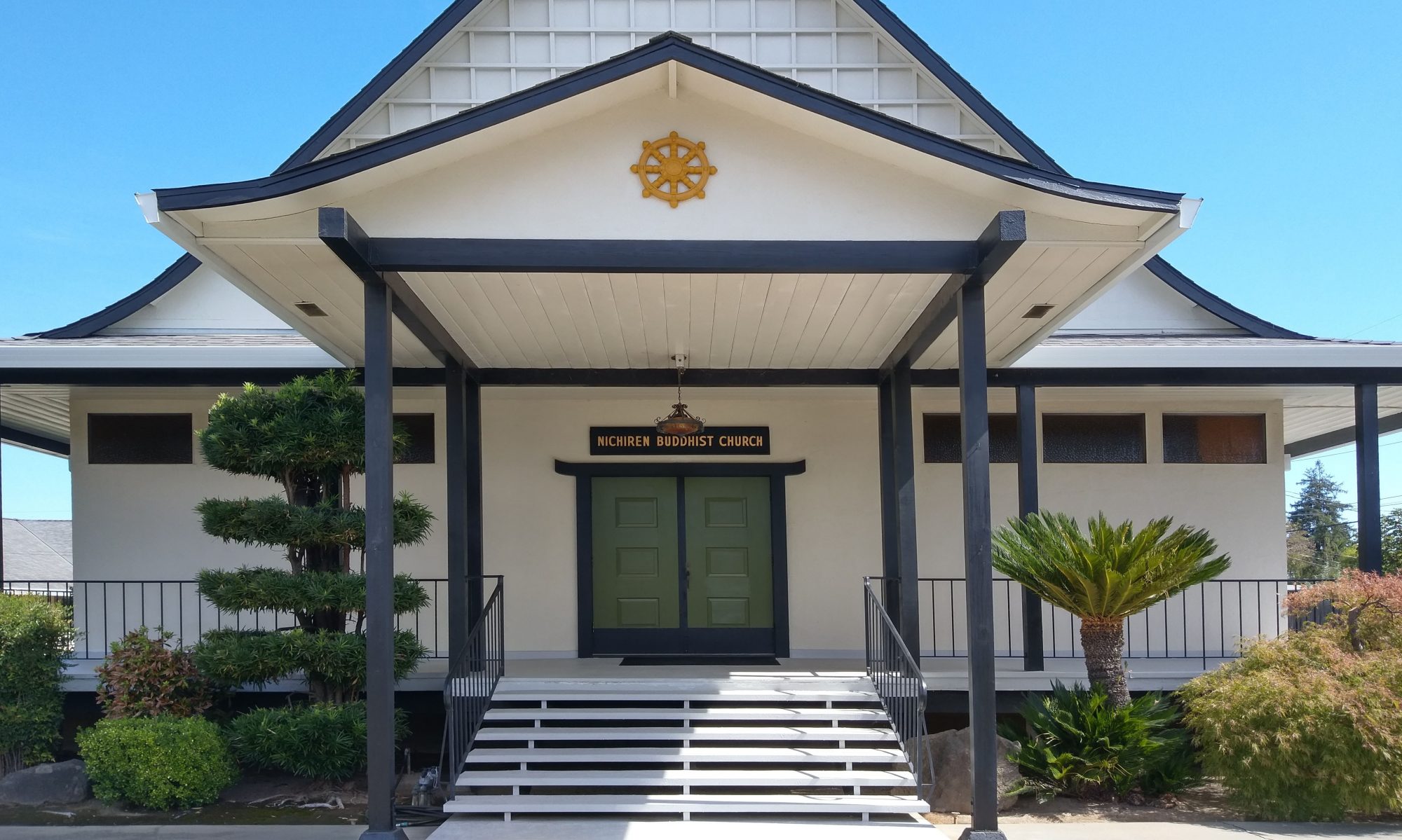The Hermitage Burnt
The government leaders must have thought such an obscure priest like Nichiren to be too arrogant to criticize their religious beliefs and national policy. The response from the government came to Nichiren in the form of persecutions. About a month after his presentation of the Rissho-ankoku-ron, his hermitage was burnt by an unidentified army, most probably instigated by Hojo Shigetoki. Shigetoki was the younger brother of Yoshitoki. He cooperated with his brother in defeating the Imperial army in 1221. He was also a devout Nembutsu believer. He built Gokurakuji Temple in Kamakura and enshrined Buddha Amitabha therein. The temple was associated with the Shingon Ritsu Sect when Shigetoki invited the celebrated Shingon Ritsu priest Ryokan to that temple in 1259.
When the hermitage was attacked, a monk called Shoubo beat Nichiren with the fifth scroll of the Lotus Sutra. The fifth scroll includes a chapter in which it says that the keeper of the sutra will be beaten. Nichiren later described this incident in his Ueno-dono-gohenji as follows:
“I was beaten by Shoubo with the fifth scroll of the Lotus Sutra. In the fifth scroll it says that the keeper of this sutra will be beaten. How wonderful it is that the prophecy of the Buddha has come true! Shoubo beat me in the presence of tens of people because I keep the Lotus Sutra. I am far from a saint. I was driven by the intention to snatch and break the thing with which I was beaten, but seeing that the thing was the fifth scroll of the Lotus Sutra, I stopped doing so. I knew that Shoubo showed me that the prophecy of the Lotus Sutra was true. He is really my teacher in this respect. How can I forget his kindness in showing this to me? If I become a Buddha, it will be entirely owing to his favor. How could I snatch and break the fifth scroll with which he beat me?”
The Exile to the Province of Izu
On the twelfth of the fifth month of 1261, Nichiren was exiled to the Province of Izu by an official government order. He was marooned on the beach of Kawana of that province, when a fisherman called Funamori Yasaburo came to his rescue. The fisherman and his wife took care of him. Nichiren later sent him a letter of thanks, which runs:
“On the twelfth of the fifth month I was marooned on a beach of which the name was unknown to me. I suffered much and you came to my rescue. What was the relation between you and me in our previous existence? Did you practice the teachings of the Lotus Sutra in your previous life? You are a man, and a man can be courageous. I was surprised that your wife was as brave as you in serving an exile. She gave me food, water and any other necessaries. You and your wife took faith in the Lotus Sutra and made offerings to me for more than thirty days. The people of the village hated me more than the people of Kamakura. In and around the fifth month rice is less, but you served me with much of it. Are you two the reincarnations of my parents? Did my parents reappear at Kawana in the Province of Izu in the forms of you two?”
The Komatsubara Incident
Nichiren was released from his exile early in 1263. He visited his home province in 1264. On the eleventh of the eleventh month of the year, he and his party were surprised by Tojo Kagenobu and his men at Komatsubara in that province. Tojo Kagenobu was a local government officer, and hostile to Nichiren partly because Nichiren’s family was connected with the landlord of an old manor in that district and partly because of different faith. Nichiren later wrote about this incident as follows:
“When I and my party came to Matsubara in Tojo of the Province of Awa on the afternoon of the eleventh of the eleventh month of this year, we were waylaid by hundreds of the Nembutsu followers. We were about ten in number, of whom only three or four were strong enough to fight. Arrows flew like a rainfall, and swords sparked like lightnings. One of my disciples was killed, and two others wounded seriously. I had cuts and blows but fortunately managed to be survived. In the Lotus Sutra it says, ‘Many people are against this sutra.’ Many people are beaten because of adultery or theft, but no one is killed because of belief in the Lotus Sutra. I must say that I am the first-ranked practicer of the Lotus Sutra in Japan.”
